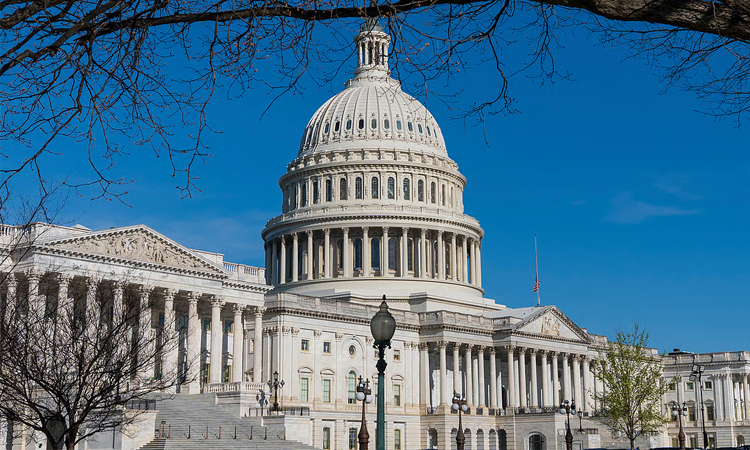News Flash
News Flash

WASHINGTON, May 19, 2025 (BSS/AFP) - A mega-bill central to US President Donald Trump's domestic agenda cleared a key hurdle Sunday, progressing out of the House Budget Committee after several lawmakers holding up the legislation dropped their opposition.
Trump is pushing to usher into law his so-called "One Big, Beautiful Bill" pairing an extension of his first-term tax cuts with savings that will see millions of the poorest Americans lose their health coverage.
But sharp divisions in the Republican Party have slowed the legislative process in Congress, with conservatives angling for much deeper cuts and moderates worried about threats to healthcare.
House Speaker Mike Johnson spent the weekend working to persuade rebels who blocked the bill on Friday. Republicans have a very slim majority in the House, meaning the legislation needs almost unanimous support to pass.
Republican Congressman Josh Brecheen, one of four representatives who reversed their votes on Sunday, said the legislation "still required tweaking."
"We look forward to working with the White House and leadership to resolve these issues in the next few days," he posted on X.
Speaker Johnson told "Fox News Sunday" that he plans for a floor vote on the package by the end of the week.
Independent congressional analysts calculate that the mega-bill's tax provisions would add more than $4.8 trillion to the federal deficit over the coming decade.
To partially offset that, Republicans plan significant cuts in spending -- notably by adding new restrictions on the Medicaid program that helps provide health insurance for more than 70 million lower-income Americans.
The policy change would result in more than 10 million people losing coverage under the program, according to estimates by the independent Congressional Budget Office.
Moderate Republicans fear overly large cuts in the popular program could upset the party's prospects in the midterm elections of November 2026.
But deficit hawks on the party's far right insist the projected cuts don't go far enough.
"We don't like smoke and mirrors," one of those legislators, Ralph Norman of South Carolina, told reporters. "We want real cuts."
"This is the largest spending reduction in at least three decades, probably longer," he told the Fox program. "It's historic."
Even if the bill passes in the House, it will face challenges in the Senate.
Republicans in the upper chamber, who have a similarly narrow majority, are demanding major changes in the sweeping bill -- which Trump is eager to present as a signal accomplishment early in his second term.